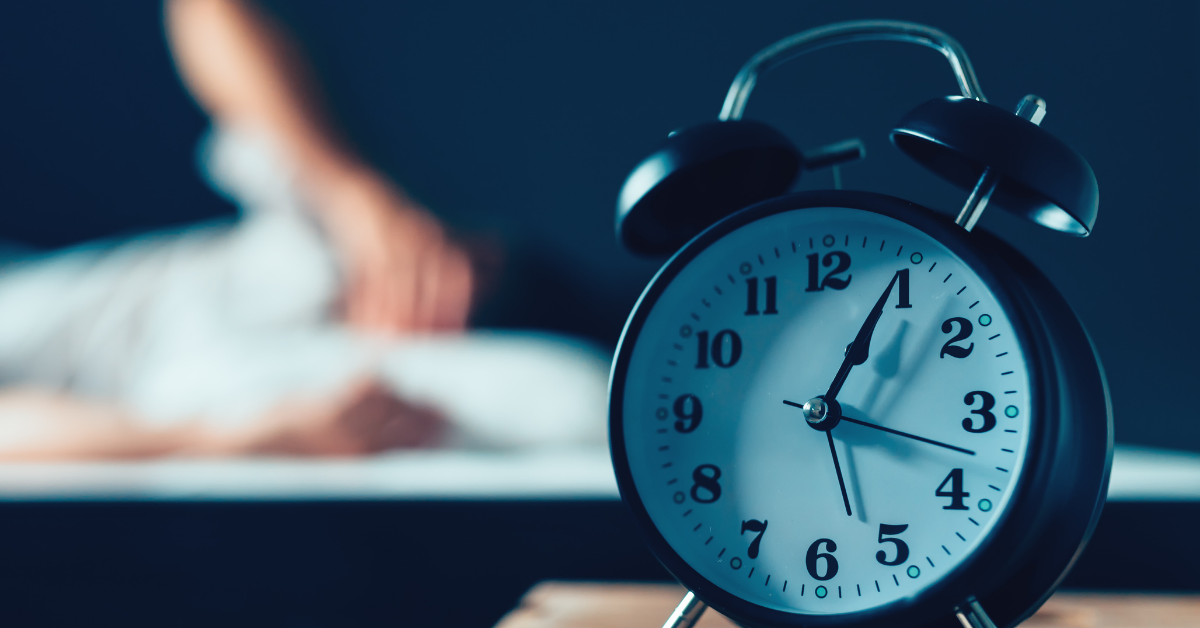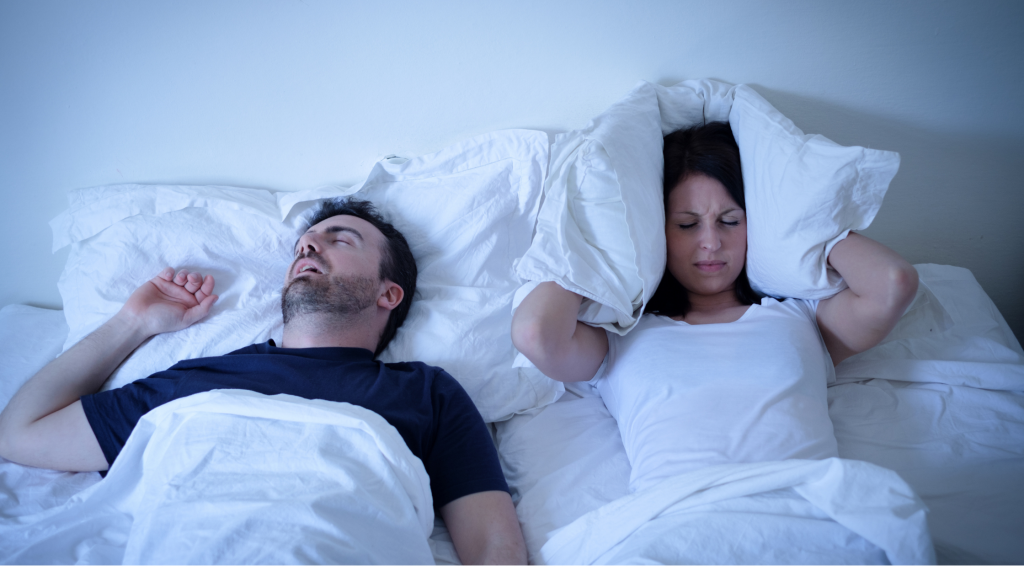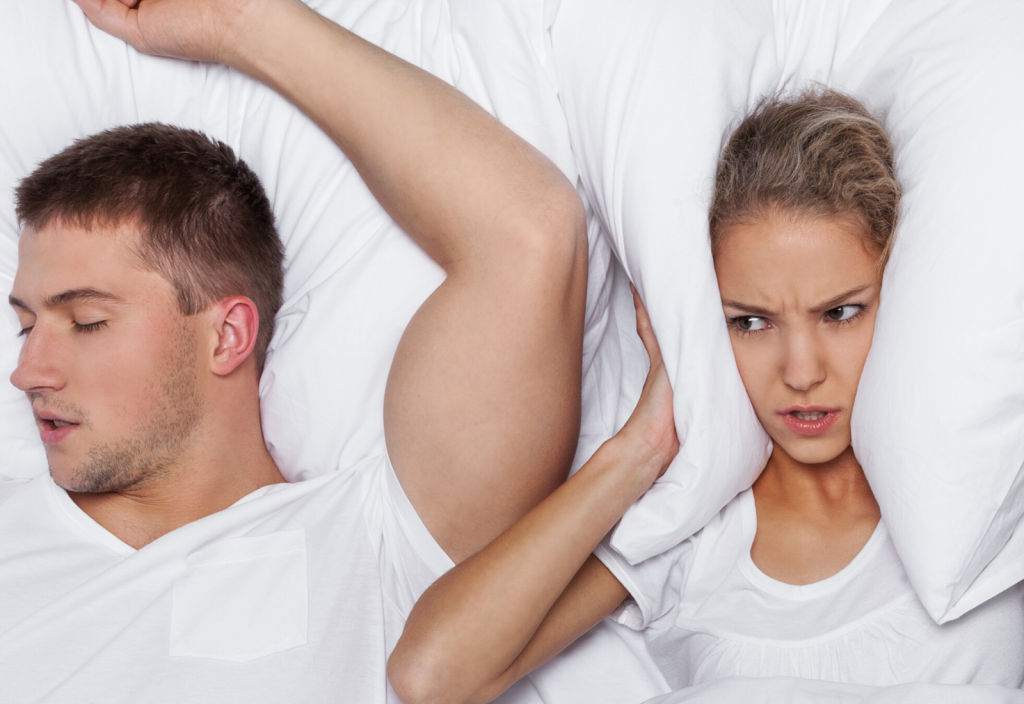Sleep Disorders And Their Treatments
Sleep disorders are conditions that affect one’s ability to sleep properly. Sometimes they are caused by health problems or by too much stress. People diagnosed with sleep disorders have increased recently. In fact, statistics suggest that almost 51% of adults worldwide are not getting the right amount of sleep each night.
Stress, hectic schedules, and other outside influences can affect our sleeping schedule all the time. However, when these issues start to occur on a regular basis and interfere with our daily living, it can indicate a sleeping disorder.
Lack of sleep can have a negative impact on someone’s energy, mood, concentration and overall health. The symptoms depend on the type of sleep disorder. In some cases, the symptoms can also be of another medical or mental health condition.
When the right treatment is obtained, these sleeping problems will eventually go away. If the sleep disorder is not caused by any other condition, simple medical treatments and lifestyle changes can work.
It’s important to receive a diagnosis and get the right treatment immediately if you suspect you have a sleep disorder. If left untreated, it can lead to further health consequences and can also affect your work performance or affect how you do your daily activities.
Type Of Sleep Disorders
1. Insomnia
The inability to sleep or remain asleep. It is often caused by jet lag, anxiety, digestive problems or stress. Insomnia can be problematic because it can cause depression, difficulty concentrating, irritability, weight gain and impaired performance during the day.
Insomnia is pretty common. It affects up to 30% of the population, more common for older adults or women.
These are the three types of insomnia:
- Chronic – regular basis for at least 1 month
- Intermittent – periodically
- Transient – few nights at a time
2. Sleep apnea
Sleep Apnea happens when you experience pauses in your breathing while you sleep. It can be a serious medical condition and can cause you to wake up a couple of time during the night. There are two types:
- Obstructive Sleep Apnea – Breathing stops because the airway too narrow or is being blocked while you sleep.
- Central Sleep Apnea – The problem occurs between the brain and the muscles that control your breathing.
You can learn more about sleep apnea here.
3. Parasomnias
Parasomnias cause abnormal movements and behaviours during sleep. It can include:
- sleepwalking
- sleep talking
- groaning
- nightmares
- bedwetting
- teeth grinding or jaw clenching
4. Restless Leg Syndrome
A condition that causes you to uncontrollably move your legs. The urge comes with tingling or itchy sensation in the legs. It can also happen during the day but more prevalent at night.
The cause isn’t always known but it’s often associated with other health conditions like ADHD or Parkinson’s disease.
5. Narcolepsy
Narcolepsy is when you get “sleep attacks” during the day or while you’re awake. This may cause you to feel extremely tired so you fall asleep without any warnings.
This can also cause sleep paralysis and can make unable you to move after waking up. This can occur on its own or can be associated with neurological disorders like multiple sclerosis.
Symptoms Of Sleep Disorders
As mentioned, the symptoms for each sleep disorder can be different. The symptoms may also vary when it’s a result of another condition. However, here are the general symptoms:
- difficulty falling asleep or staying asleep
- daytime fatigue
- extreme urge to take naps during the day
- unusual breathing patterns
- unpleasant urges to move while falling asleep
- unusual movement while asleep
- unintentional changes to your sleep schedule
- irritability
- anxiety
- impaired performance during the day
- lack of concentration
- depression
- weight gain
Causes Of Sleep Disorders
1. Allergies and Respiratory Problems – Any troubles with your breathing can make sleeping a challenge.
2. Nocturia – Frequent urination can disrupt your sleep. Hormonal imbalance or diseases related to your urinary tract can contribute too.
3. Chronic Pain – Feeling any pain can make it hard for you to sleep at night. The most common causes of chronic pain are:
- arthritis
- chronic fatigue syndrome
- fibromyalgia
- inflammatory bowel disease
- persistent headaches
- continuous lower back pain
4. Stress and anxiety – Both factors can affect your sleep quality. Nightmares, sleep talking, or sleepwalking can also disturb your sleep.
How Is It Diagnosed?
Aside from an interview and a physical exam, doctors will also som of these tests to diagnose:
- Polysomnography (PSG) – A lab sleep study to evaluate oxygen levels, body movements, and brain waves.
- Electroencephalogram (EEG) – Assesses the electrical activity in the brain and detects any potential problems
- Multiple sleep latency test (MSLT) – Use to diagnose narcolepsy. It’s a daytime napping study that is often accompanied by PSG.
Sleep Disorders Treatment
- Medical treatments
- sleeping pills
- melatonin supplements
- allergy or cold medication
- medications for any underlying health issues
- a dental guard (usually for teeth grinding)
- breathing device or surgery (usually for sleep apnea)
- Lifestyle changes
- reducing sugar intake
- adding fish and vegetables to your diet
- exercising and stretching
- sticking to a regular sleeping schedule
- drinking less water before bedtime
- limiting your caffeine intake
- reducing tobacco and alcohol use
- eating low carbohydrate meals before bed
- maintaining a healthy weight
Anyone who is suffering from any sleeping disorder will likely want immediate relief. Unfortunately, for long-term cases, it can take a bit more time to resolve. But if you stick to your treatment plan and communicate with your doctor regularly, you can find your way to better sleep.
If you have any questions and need expert help, you can contact us here.









